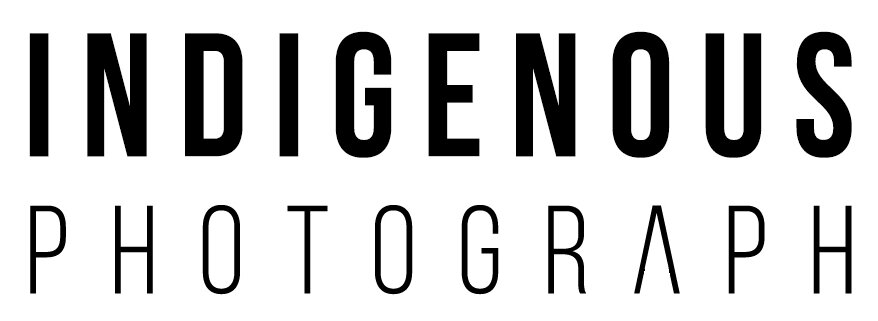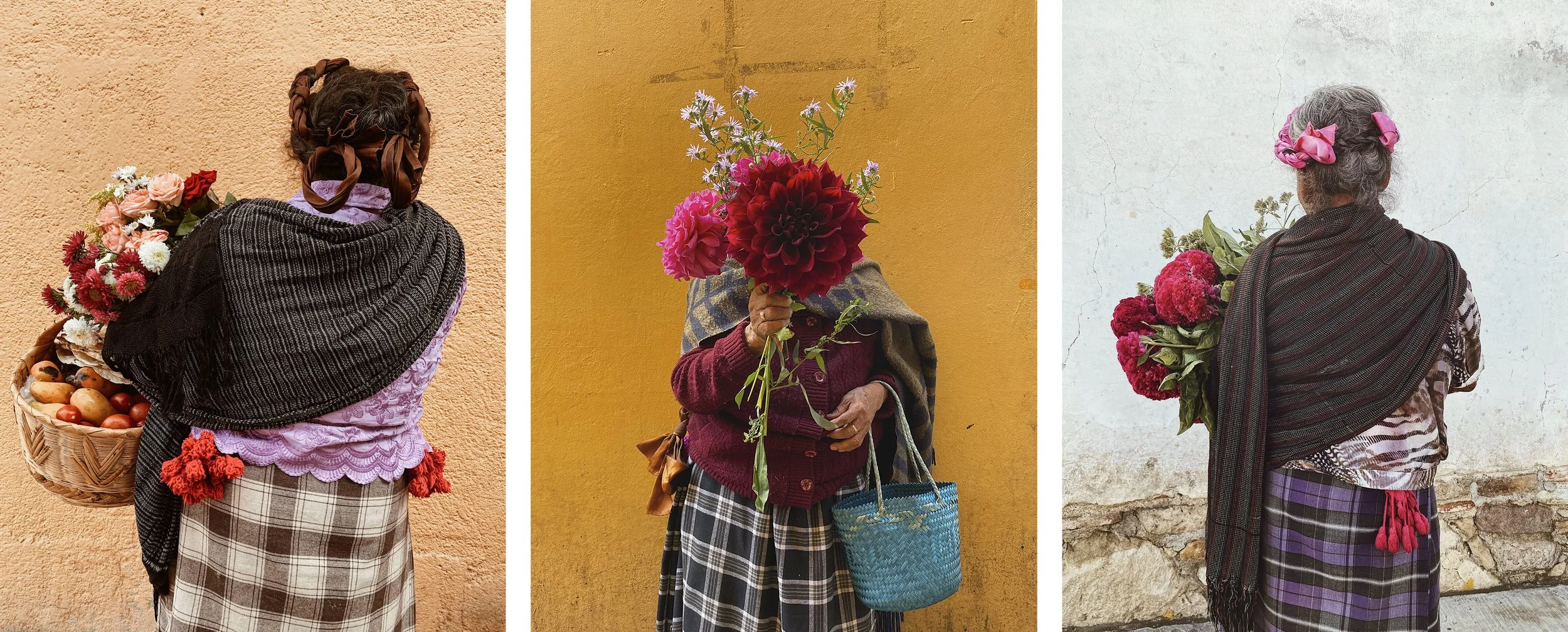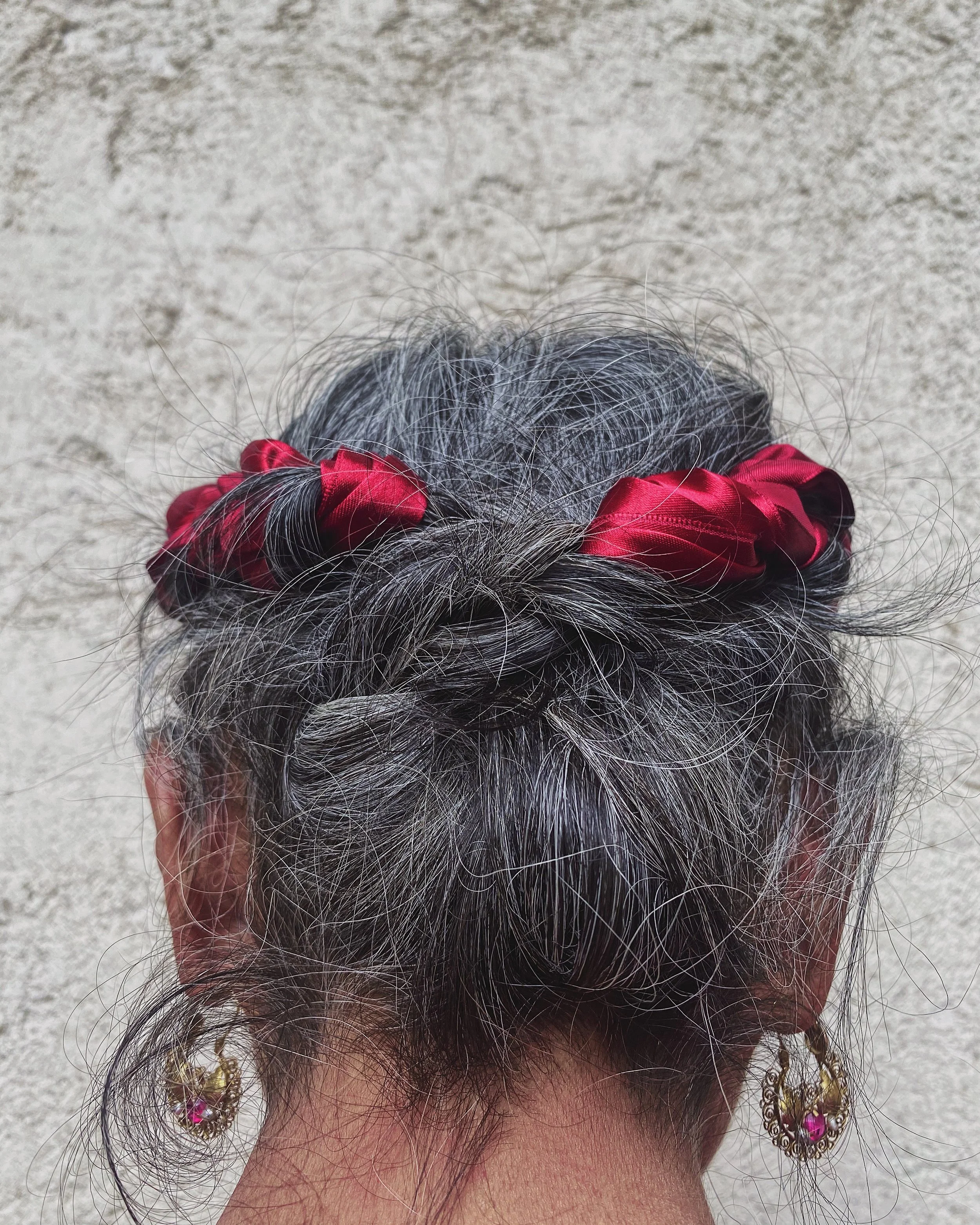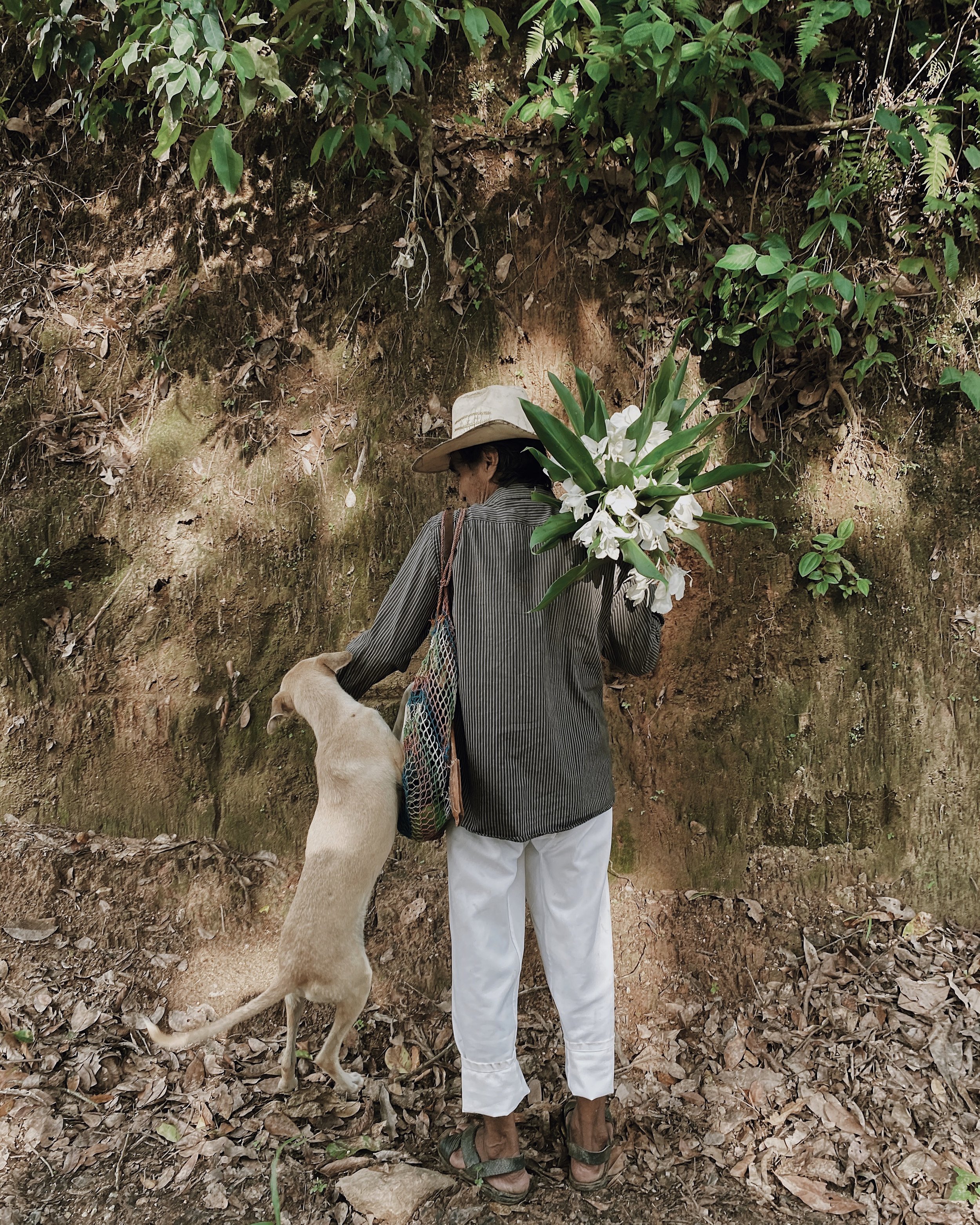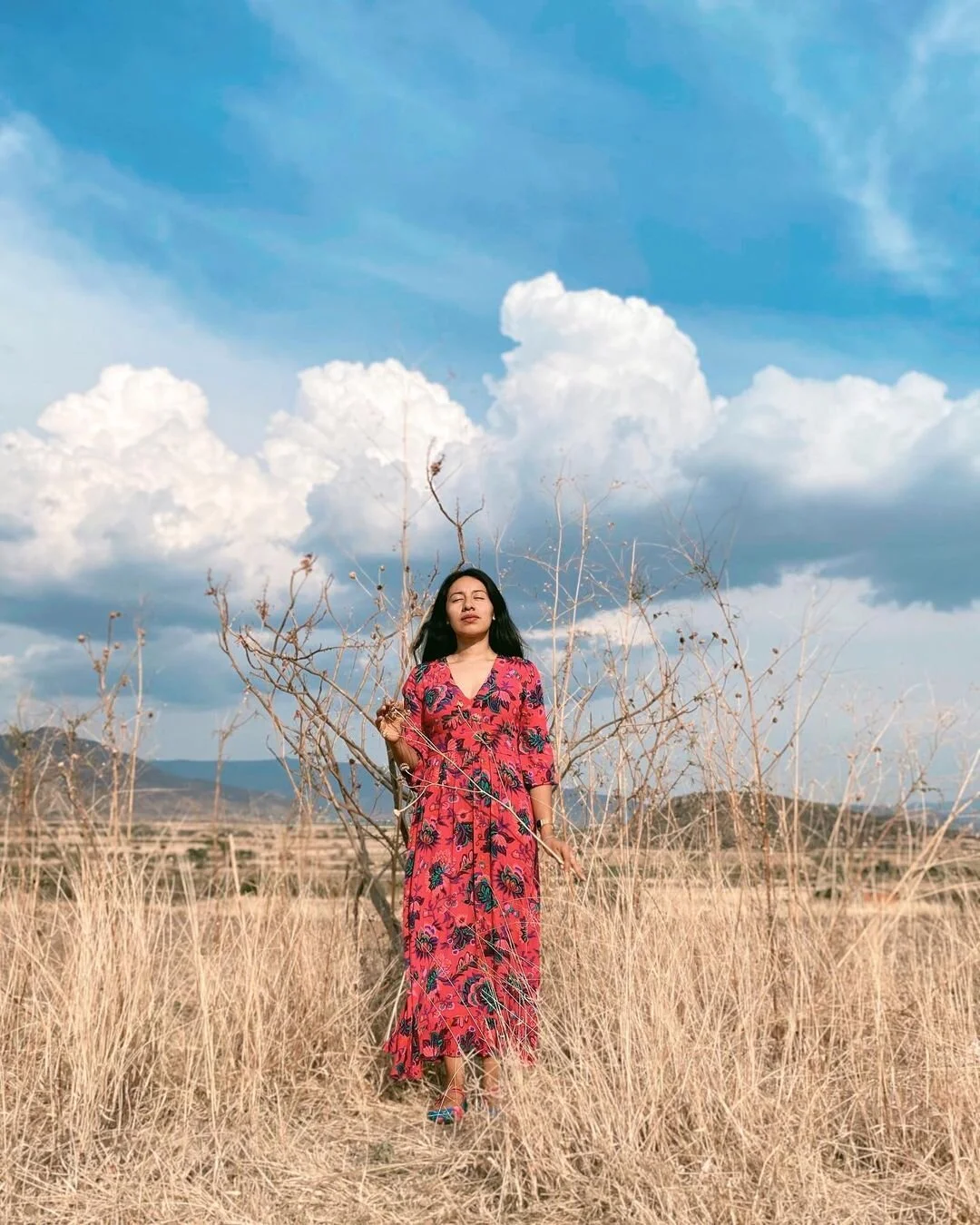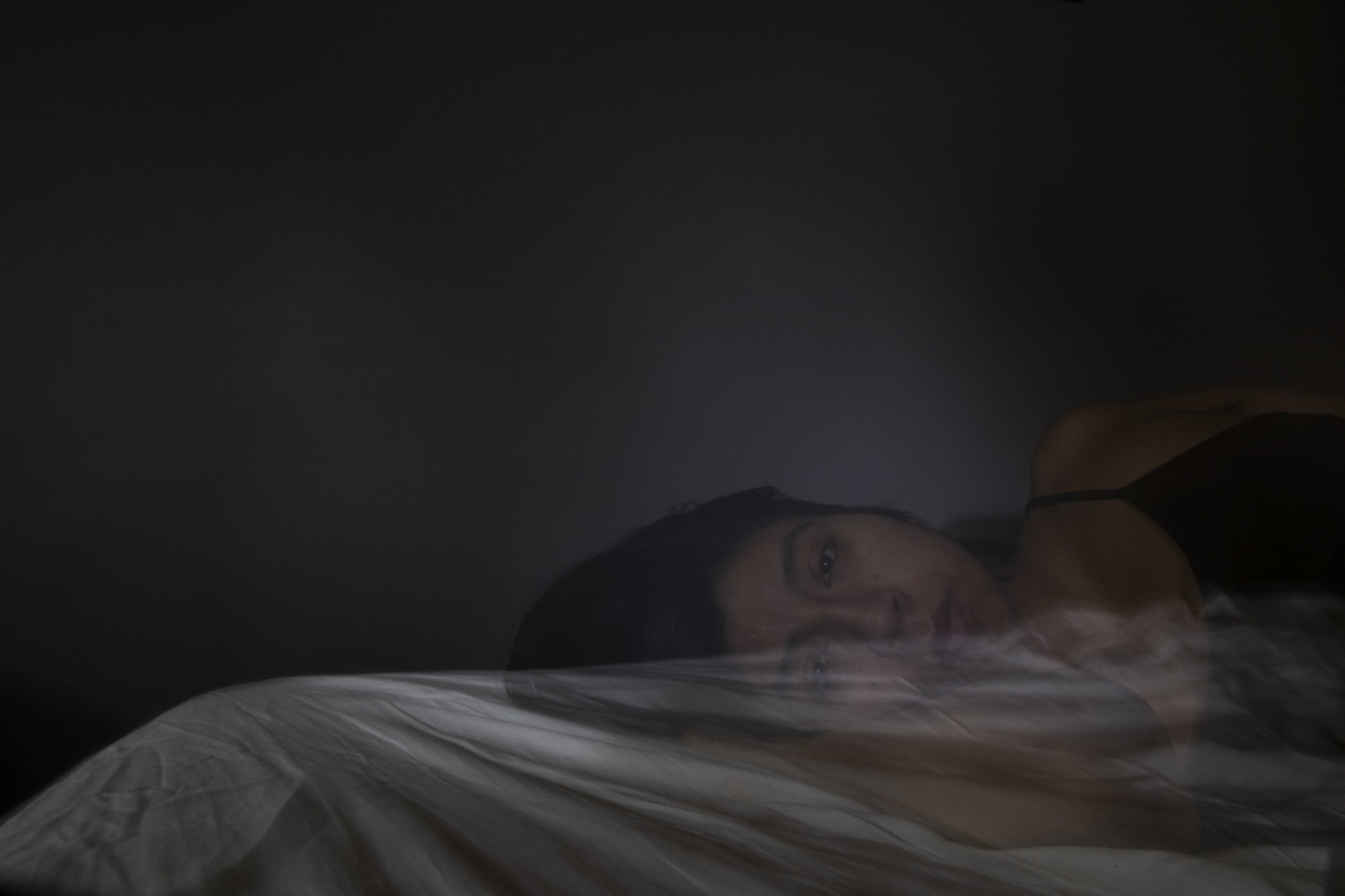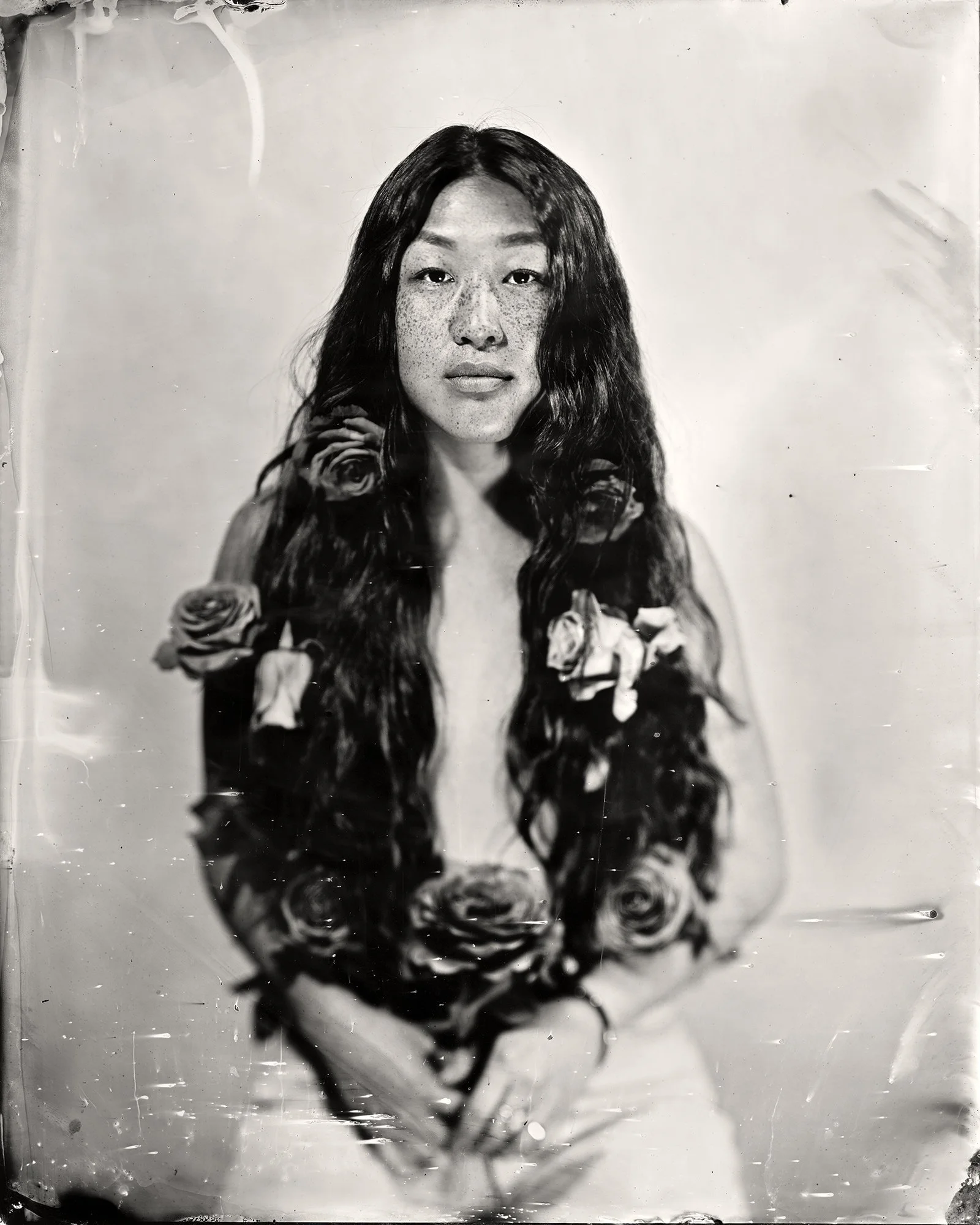Indigenous Photograph Project Grant
With the generous support of Photoville and Leica, Indigenous Photograph is excited to be announce the recipient of our first ever project grant, Luvia Lazo (Zapotec, Mexico), and finalists Sara Aliaga (Wayra, Bolivia), Eli Farinango (Kichwa Otavalo, Canada + Ecuador), and Kali Spitzer (Kaska Dena, Canada). This $5,000 grant is available to an Indigenous photographer looking to begin or continue an existing photographic project, with an emphasis on photographers working in a documentary or storytelling capacity. Congratulations to our inaugural grantee and finalists, and learn more about their work below!
2021 Indigenous photograph project grantee: LUVIA LAZO
THE PROJECT
“In Zapotec communities, it can be a challenge to tell your story or share your thoughts as a woman. But my grandpa Domingo always encouraged me. Some months ago I lost him, and after that event I started to pay much more attention to elders: I like to look at their hands, expressions, movements, the way they talk, how they hold a cup to drink chocolate, or how they carry their hats in their heads. I started photographing grandfathers and grandmothers in my village as a way to find traces of my grandpa in those old people and at the same time to preserve and document our culture while it's transforming.
There is a word in Zapotec that we use to name the fact of someone or something disappearing, when a close friend is not close anymore, when someone stops visiting as often as they do, when things transform and change or when someone is losing their eyesight: KANITLOW, which means FACES ARE GETTING LOST or DISAPPEARING.
I want to keep saving memories of our culture, and saving images of other grandpas and grandmas, so when they are gone and their grandchildren look for them as I look for my grandpa now in old pictures, they can find them in photographs, and they can feel the details of their clothing and their bodies as well as the way our culture was.”
ABOUT LUVIA
Luvia Lazo is a Zapotec photographer, textile and art lover from Teotitlan del Valle, Oaxaca.
Photography is her way of portraying the worlds to which she belongs. Her work aims to capture reality from the perspective of the contemporary Zapotec woman, creating a constellation of images through time and spaces in Oaxaca, documenting the generational gaps and the transformation of identities across ages.
She is a recipient of the Jóvenes Creadores grant of the FONCA 2020 (National Fund for the Culture of the Arts, Mexico).
She currently works in an international textile company as the production manager, coordinating and collaborating with more than 200 women from different villages in the state.
THE JURY
Huge thanks to our jurors, Noelle Flores-Theard, Tailyr Irvine, and Whitney Matewe!
“The experience of being on the jury panel for Indigenous Photograph’s inaugural Project Grant can best be summarized as both a deep honor and a refreshing burst of inspiration. As jury members, we were all so deeply moved and impressed as we poured over the incredible bodies of work by all the photographers who entered in the weeks leading up to our meeting. And during the meeting itself, we shared in a wonderful conversation sparked by our celebration and awe of such strong photography. We are so gracious to everyone who entered and shared their raw and honest personal & passion projects. Thank you all so much!” — Whitney
“Luvia Lazo's portraits of indigenous elders photographed from behind were striking for both their form and their approach. The color and details of the garments worn by the elders drew us in immediately. Even more, we realized that the photographs are exceptional in that the viewer is invited to look, while the person photographed can retain their opacity and a sense of privacy.“ — Noelle
2021 Indigenous photograph project grant FINALIST: Sara aliaga
“From the Andean worldview, health is a dynamic state of internal balance between the body, mind, and spirit that depends on the external harmony of each individual with their community, nature, and the cosmos. Bolivia’s "Cholas" are innate and unshakable defenders of their communities especially during the time of COVID-19. With the hospital and pharmaceutical systems collapsed because of the pandemic, the Cholas have used ancestral practices to show us that that the use of medicinal plants, the “Jiwasa” (which in the Aymara language means, it is not me, it is us) are central to sustaining their communities. As a Bolivian photographer and Indigenous woman (Aymara) it is important that we remember these women who were on the front line using plants and ancestral medicinal practices to keep their communities safe.”
sarawayraphoto.weebly.com | @sarawayraphoto
2021 Indigenous photograph project grant FINALIST: ELI FARINANGO
“Yana achik is a series of self portraits and conceptual photographs that depict what it is like to be diagnosed and live with Borderline Personality Disorder, Depression, Anxiety and Complex Post-Traumatic Stress Syndrome and how I, as an Indigenous woman, navigate this diagnosis by anchoring myself in my traditions. In Kichwa, ‘yana’ means darkness. I have always used the word “darkness” as a metaphor to describe the depression that I have carried with me since I can remember. As the pandemic raged, I finally built the courage to ask for help. Through my work, I show the emotional nature of living with my diagnosis and shed light on the particularities that affect our mental health as Indigenous peoples and the disparities we face when accessing resources to heal.”
www.elifarinango.ca | @elifarinango
2021 Indigenous photograph project grant FINALIST: KALI SPITZER
“An Exploration of Resilience and Resistance is an existing and ongoing project about identity, culture, strength, vulnerability, and love. Witnessing different facets of people and how they explore themselves, I photograph my community of primarily BIPOC, queer, femme, trans and gender non-conforming kin to challenge pre-conceived notions of race, gender, and sexuality. With the work, I touch on how we can become more empathic, empowered people despite the hardships that we have endured. Too often BIPOC and queer communities are not heard or seen as we define and experience ourselves in society. I want to show the general public who we are today; to bring light to our stories and create a space for us to be seen and heard as we define ourselves and make it clear how we want to be represented.”
kalispitzer.photoshelter.com | @kali_spitzer_photography
